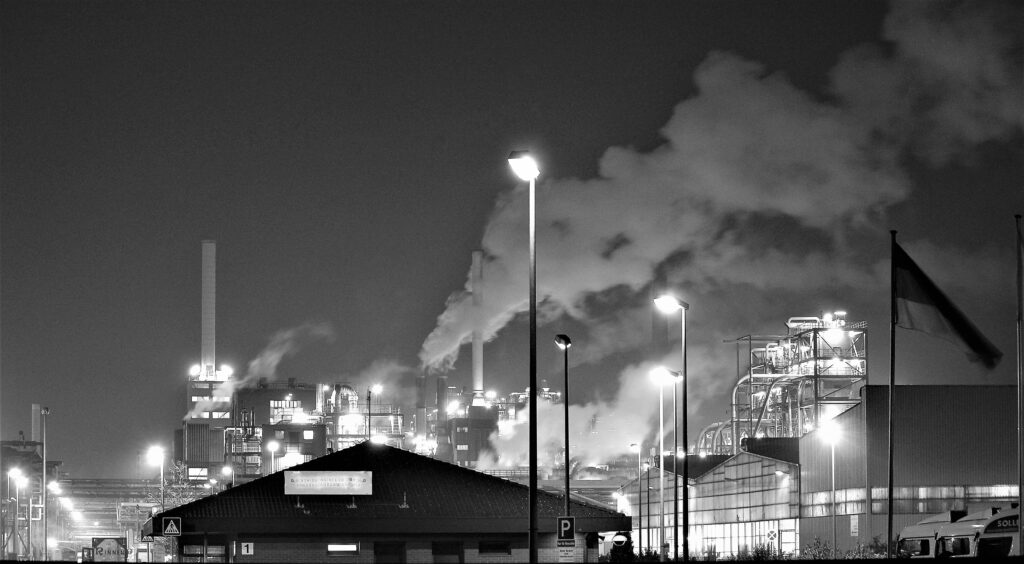33 of the largest cities in the world have levels of particulate matter four times higher than the World Health Organisation’s guidelines of 10 ug/m3.
The worst polluted cities in the world are all in Asia, with China, India and Pakistan with the highest levels of particulate matter, according to research conducted by non-government organisation OpenAQ.
OpenAQ’s study uncovers worldwide inequalities with half the global population having no access to official government data on air quality.
A coalition of non-government organisations have come together to create new open-source data that uses low-cost air pollution sensors to provide the public across the world with access to air quality data.
The platform would bring together low-cost sensor air quality data from the Environment Defense Fund (EDF), as well as from Carnegie Mellon University, HabitatMap, and Purple Air.
The call for air monitoring is clear. However, the cost of reference grade monitors their accuracy can vary from costing hundred, thousands, to tens of thousands of pounds. Low-cost sensor units are accessible to individuals, communities or governments to increase coverage and access to air quality data.
17,000 premature deaths are attributed to poor air quality in Ghana each year. West Africa’s main contributors to air pollution include biomass burning, vehicle emissions, and industrial waste.
NGO Clean Air One Atmosphere built an app using low-cost sensor data to engage, educate, and empower Ghanaian citizens to use this free air quality data to make informed decisions to protect their health.
Similarly, Los Angeles suffers from high volumes of traffic and pollution from diesel trucks, trains and, ships. LA is ranked as one of the most heavily polluted areas of the country.
The University of Southern California partnered with NGO HabitatMap to launch the A Day in the Life programme. This encourages young people to tell the story of their experience of air pollution by combining air pollution data with text, photos and videos. Participants collect data over a two-week period, aiming to collect eight to ten hours of data on a single day to illustrate their daily exposure to PM2.5.
Albert Presto, Associate Research Professor at Carnegie Mellon University, commented: ‘Sensors bring air pollution data to the neighbourhood level, but people need to be able to access the data from trusted sources using reliable tools.’
Jeremy Taub, Executive Director of OpenAQ, concluded: ‘We want to encourage new, affordable solutions to monitor air quality, and bring that data to OpenAQ to increase funding and action for those communities to develop solutions to air pollution.’




